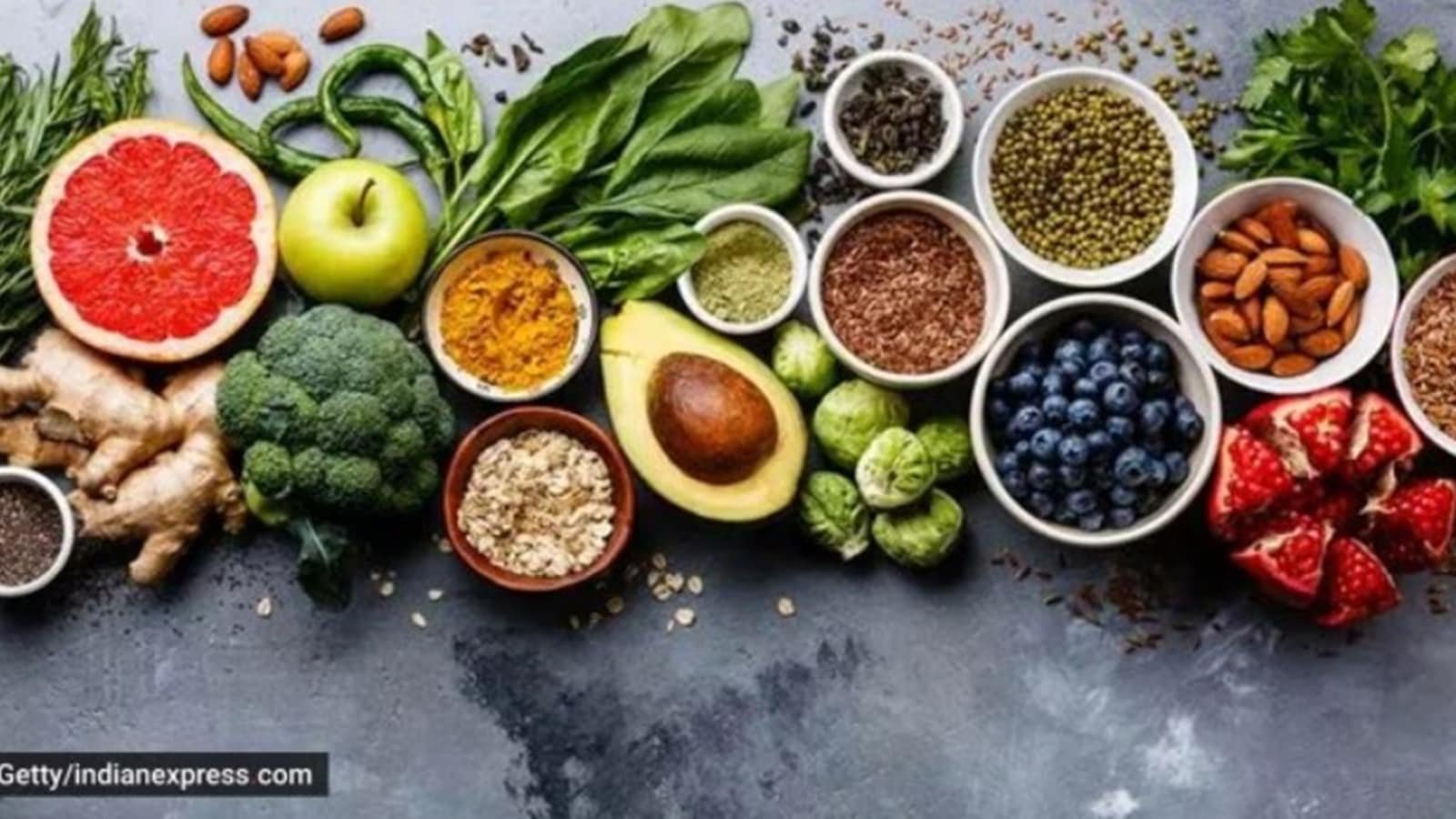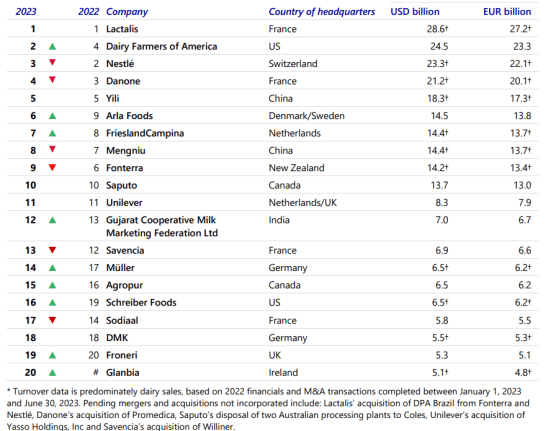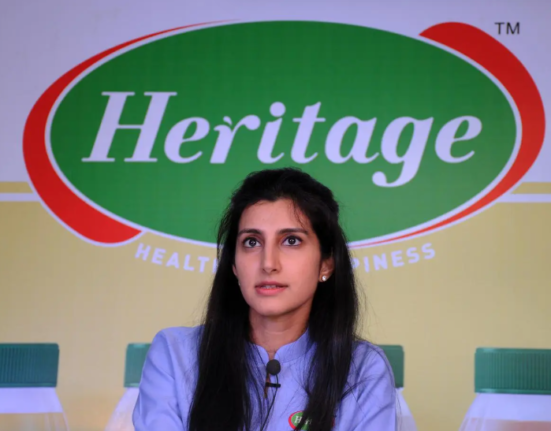A growing body of global research suggests that what we put on our plates today can dramatically shape both our personal health and the planet’s future. The Planetary Health Diet (PHD)—a global dietary framework first introduced in the EAT-Lancet Commission’s landmark 2019 report—has emerged as a sustainable template for longer, healthier living.
Now backed by insights from 37 global experts across 16 countries, the PHD is designed not only to reduce lifestyle diseases but also to combat environmental degradation. While its foundation is largely plant-based, it importantly includes moderate consumption of dairy, making it a more culturally adaptable and nutritionally inclusive option—especially in dairy-dependent nations like India.
🥗 What’s in the Planetary Health Diet?
The PHD borrows heavily from the Mediterranean style of eating but adapts it with an eye on sustainability. It emphasizes:
-
🌱 High intake of vegetables, legumes, fruits, nuts, and whole grains
-
🌿 Use of unsaturated fats (like olive and mustard oil) over saturated fats
-
🥛 Moderate inclusion of dairy, fish, and poultry
-
đźš« Very low or no intake of red meat, added sugars, and ultra-processed foods
According to Ritika Samaddar, Director of Dietetics at Max Healthcare, “Longevity diets follow a basic formula: lower refined carbohydrates, increase fiber, plant protein and essential micronutrients, and prioritize good fats. This combination reduces cholesterol, arterial inflammation, and disease risk, from heart conditions to cancer.”
🥛 Dairy’s Role in the PHD – More Than Just Calcium
Dairy might seem like a peripheral player in a plant-forward diet, but in India, it’s a nutritional cornerstone. “The PHD allows for moderate dairy—something highly relevant to Indian diets,” says Samaddar. “In India, milk and dairy products remain one of the most accessible sources of high-quality protein, calcium, vitamin B12 and zinc—all nutrients identified as potential gaps in the PHD when adopted in strictly plant-based forms.”
Indeed, the EAT-Lancet report itself cautions about nutritional shortfalls—particularly in iron, calcium, Omega-3s, and vitamin B12—that can arise if the diet leans too far into veganism without adequate substitution.
In this context, culturally-rooted dairy consumption in India serves not just taste or tradition, but also ensures essential nutrient security, especially among vulnerable groups like children and the elderly.
🏡 Can India Adapt the Planetary Health Diet?
“Yes, with contextual modifications,” says Samaddar. “Our traditional diet already embraces many PHD principles—use of legumes, fermented foods, whole grains, seasonal fruits and vegetables. The key is reviving and modernizing these practices while ensuring they’re accessible and affordable.”
The growing trend of nut- or date-based mithais, regional millets, and dairy-fermented products such as buttermilk and curd also align seamlessly with PHD goals.
📉 Health & Longevity: The Data Speaks
A 34-year longitudinal study by the Harvard T.H. Chan School of Public Health found that individuals adhering closely to PHD guidelines had a 30% reduced risk of early death. The diet also correlated with lower incidences of heart disease, cancer, and respiratory disorders.
A recent Spanish study echoed this finding, concluding that the PHD promotes both human and planetary health by lowering greenhouse gas emissions and conserving biodiversity.
⚠️ Caveats: Why Customisation Matters
Despite its strengths, the PHD is not a one-size-fits-all solution. Nutritional gaps can emerge, especially in diets too strictly plant-based. Additionally, geographic, cultural, and socioeconomic factors can shape dietary feasibility. For example, remote or pastoral communities may rely more on animal-based foods.
Customisation based on local food systems, cultural habits, and nutritional needs is essential. For India, that means preserving the value of dairy, rather than eliminating it.
🧠Expert Takeaway
“The Planetary Health Diet gives us a flexible framework. But it’s not about rigid rules—it’s about smart integration. For India, dairy is not just a supplement but a solution to bridge essential nutritional gaps,”
— Dr. Meenal Deshpande, Public Health Nutritionist & Food Systems Consultant
🌍 Final Thought
The Planetary Health Diet offers a hopeful blueprint for healthier people and a healthier planet. And for countries like India, dairy can be a key ally—not an obstacle—in achieving that vision.







